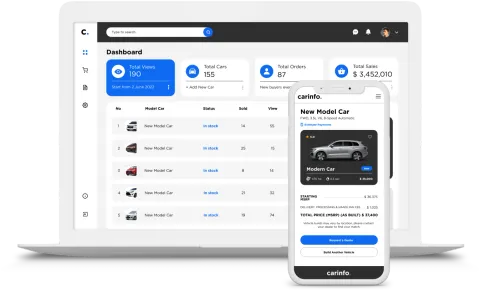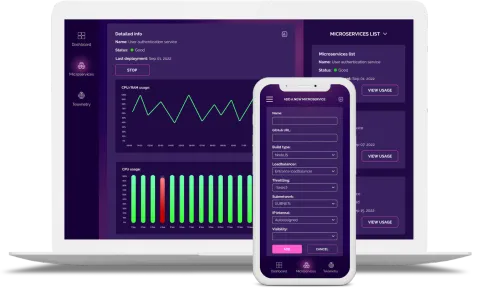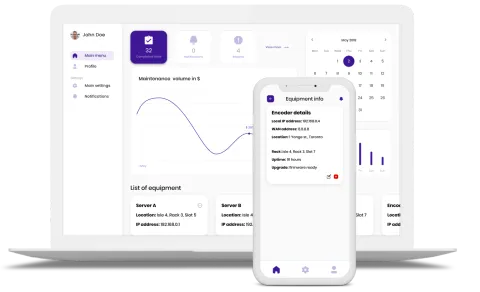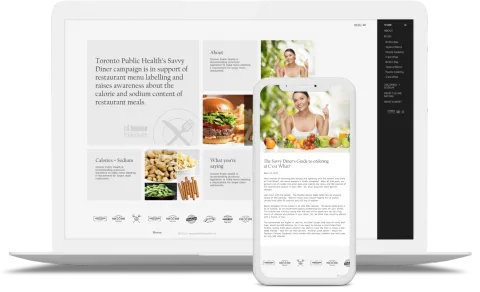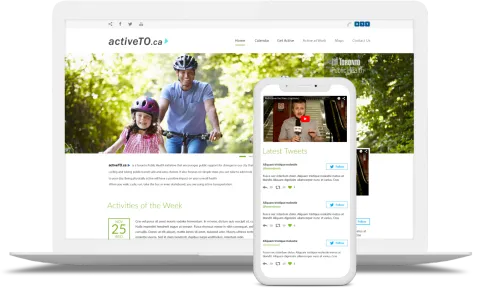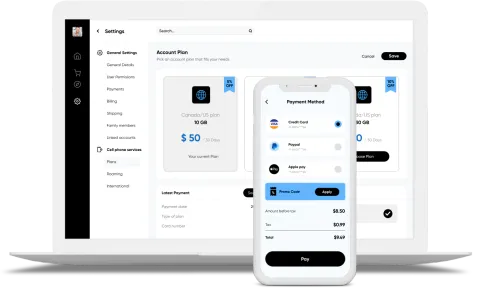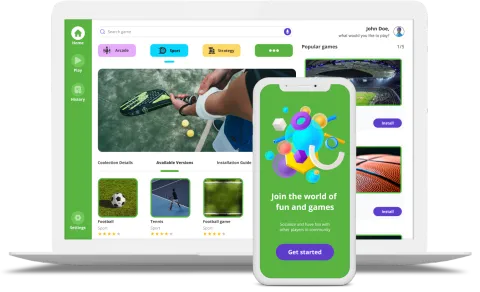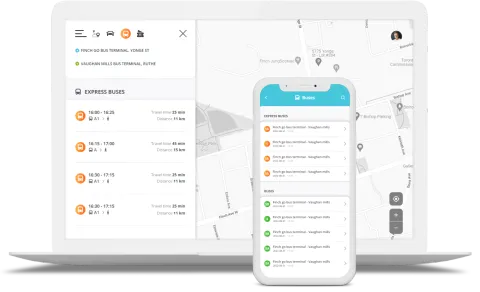
Automation in Quality Assurance and Testing
UUUSoftware's tried-and-tested approach empowers our dedicated QA teams to look at each situation objectively, identify its challenges, and address them as efficiently as possible to assure the success of your software.
Clients who trust us
What do we test?
Mobile
Mobile testing relates to native and cross-platform mobile applications. Our QA engineers test on multiple devices, in emulators, or BrowserStack. They ensure that the UI, interactions, and code logic match the requirements.
Web
This type of testing covers web-based applications. Our QA engineers check cross-browser compatibility and screen resolutions. They ensure the responsive layouts and functionality of your software comply with the project requirements.
API/Backend
We make sure that the API produces the expected result. Our specialists also monitor if the result is delivered quickly enough, has authentication, fallback procedures, and generates graceful errors on incorrect input. The process also includes testing the integration with third-party API services.
Databases
We test not only the API and Web, but also check the databases to trace the error and find its source when it comes to the database information. We validate the data we find, ensure the schema is correct, and QAs can work with SQL.
How do we test it?
Manual QA
UUUSoftware performs manual testing. We create test scenarios, test cases and carry out their manual validation. The process of manual testing includes running regression testing, smoke testing, and other testing approaches. We communicate with the developers, create bug tickets with the steps to reproduce them, etc.
Automated QA
Manual testing is a repetitive process and, thus, it might be time-consuming. UUUSoftware can automate all the test cases or some of them. We can measure the degree of testing by assessing the percentage of the code coverage for both the frontend and backend. Our specialists use various tools for frontend, backend, API, and stress testing (Selenium, Appium, TestCafe, Cypress, JMeter).
Performance testing
Performance testing is an irreplaceable part of the testing process. We perform Google Page Speed testing and check the web page load performance, which affects SEO rankings. Some projects may also require API stress testing. Performance testing includes various tests that are intended to check how the product behaves and performs. We apply a wide range of such tests to examine the stability, reliability, speed, and many other parameters of your software.
Automated framework development
UUUSoftware specializes not only in applying automation tools and approaches but can create a custom automated framework as well. We build an automated framework tailored to your requirements and the needs of the project. The framework we develop is designed to handle the following tasks: user login, form validation, automation of typical scenarios, integration with reporting portals, and daily broadcasting of the test results to the dev team.
Test Automation
the most reliable and time-efficient way to ensure smooth product delivery
- can be
partial - can be
full-scale
Types of software testing we offer
Functional testing
Functional testing allows us to verify the functional performance of your mobile or web software. It is an integral part of the testing process designed to ensure your product complies with your business requirements. This type of testing helps us verify that the product functions the way it is expected to.Non-functional testing
UUUSoftware performs non-functional testing. It includes user interface, performance, and usability testing. The main goals of this type of testing are to verify the compliance of the product with the design requirements, usability of your software, and to measure the number of users who can interact with it simultaneously.Unit and Integration testing
Unit testing refers to the checking of the code parts representing particular functions. We ensure the code units perform the way they should. The main task of this testing type is to make sure that those code units are fit for use. We also apply integration testing. We verify how the components of the application interact with each other.Accessibility testing
Your product’s end users are a diverse group of people, each with their own set of characteristics and needs. Software accessibility allows each of them to interact with your application on an equal footing. Accessibility testing ensures all of your end-users have such an opportunity. We perform testing of the contrast ratio, color scheme, and font sizes, as well as implement screen reader technologies. Our specialists can ensure your software meets the WCAG/AODA requirements. Accessibility testing is a vital part of the whole testing strategy. Moreover, this type of testing should be considered, planned, and implemented in the UI-building phase, before any development starts. We never underrate the importance of accessibility testing and provide our clients with experienced specialists in this field.Usability testing
Our QA team evaluates the usability of your application and compares it to the ones of your competitors. We aim to find out if the product’s usability has weaknesses and, if there are any, offer ways to improve your app.Load and Performance testing
We perform load testing to determine the number of users the system can handle if they interact with the app simultaneously. Our performance testing includes multiple tests to check how the application behaves and performs. We use them to analyze various metrics, including the stability, reliability, and speed of your product.
The software testing process
10% Project requirements
Our QA specialists analyze the project requirements from the very beginning of the development process. Being part of the entire team, they can prevent potential difficulties related to the development of the product. It also saves time and resources for our clients, since they don’t have to edit their requirements during the building process.
10% Testing plan
We define the testing objectives and test specifications. This process allows us to determine at what point the software is considered ready for the next Sprint.
- 0%
20% Regression, Load, Smoke Testing
Our QA engineers ensure that the changes in the code don’t affect the already implemented functionality (regression testing). They also check the performance of the application in average conditions (load performance). They pay precise attention to the most critical functions to make sure they run like clockwork (smoke testing).
60% Software Testing
After each Sprint, our QA engineers test the functionality that was implemented. They look for bugs and create bug reports for developers. When the bugs are fixed, they revise the code again. This process is repeated as a part of each Sprint.
Start
your
project
Ready to launch your project?
Once we know more about your goals and timeline, we’ll start assembling your custom team.

Tech stack
Continuous integration
- BitBucket
- GitHub Actions
- GitLab
- Jenkins
- TeamCity
Testing tools
- Cypress
- TestCafe
- Selenium
- SpecFlow
- JUnit
- NUnit
- Appium
- SoapUI
Services
- TestRail
- BrowserStack
- Cypress dashboards
- Report Portal
- Slack integration
- K6
Stress testing
- Apache JMeter
- Apache AB
- K6

